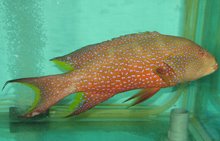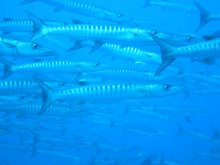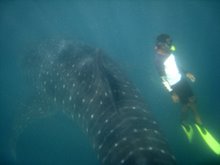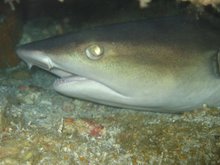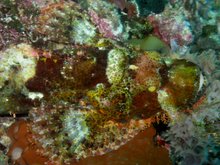"The fleet intends to kill more than 1,000 whales while in the Southern Ocean, including 50 endangered fin whales, 50 threatened humpback whales and 935 minke whales. " Source : Greenpeace
The slaughter of endangered fin and humpback whales is inexcusable. These species are IUCN listed, respectively as
- Endangered ("A taxon is Endangered when it is considered to be facing a very high risk of extinction in the wild" source: iucn.com) and
- Vunerable ("A taxon is Vulnerable when it is considered to be facing a high risk of extinction in the wild")
- It would be better in many ways if we did not interfere with the natural world at all, however excluding human extinction this is not realistic or achievable and thus I have no real problem in sustainable fishing of a species, the current levels of hunting minke whales is sustainable
- From a conservation perspective, the West's argument about species killing needs to be consistent, not just focused on high profile intelligent or cuddly animals
- all species in the world have a right to live whether they are minke whales, napoleon wrasse, corals or ameoba
- Inconsistent treatment confuses the conservation and species protection message, we should be focused on ensuring ecological balance, let the natural balance of life work its wonder.
Arguments?


